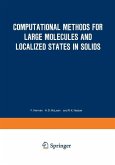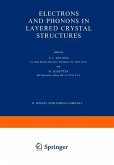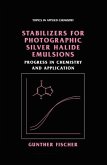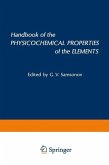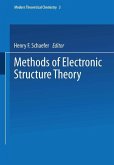If one reflects upon the range of chemical problems accessible to the current quantum theoretical methods for calculations on the electronic structure of molecules, one is immediately struck by the rather narrow limits imposed by economic and numerical feasibility. Most of the systems with which experimental photochemists actually work are beyond the grasp of ab initio methods due to the presence of a few reasonably large aromatic ring systems. Potential energy surfaces for all but the smallest molecules are extremely expensive to produce, even over a restricted group of the possible degrees of freedom, and molecules containing the higher elements of the periodic table remain virtually untouched due to the large numbers of electrons involved. Almost the entire class of molecules of real biological interest is simply out of the question. In general, the theoretician is reduced to model systems of variable appositeness in most of these fields. The fundamental problem, from a basic computational point of view, is that large molecules require large numbers of basis functions, whether Slater type orbitals or Gaussian functions suitably contracted, to provide even a modestly accurate description of the molecular electronic environment. This leads to the necessity of dealing with very large matrices and numbers of integrals within the Hartree-Fock approximation and quickly becomes both numerically difficult and uneconomic.
Dieser Download kann aus rechtlichen Gründen nur mit Rechnungsadresse in A, B, BG, CY, CZ, D, DK, EW, E, FIN, F, GR, HR, H, IRL, I, LT, L, LR, M, NL, PL, P, R, S, SLO, SK ausgeliefert werden.





